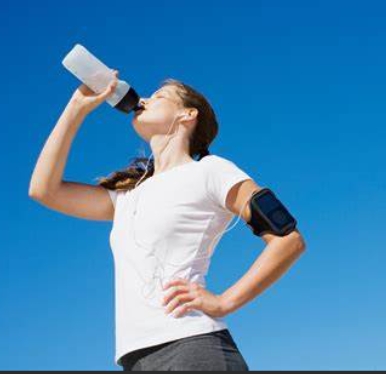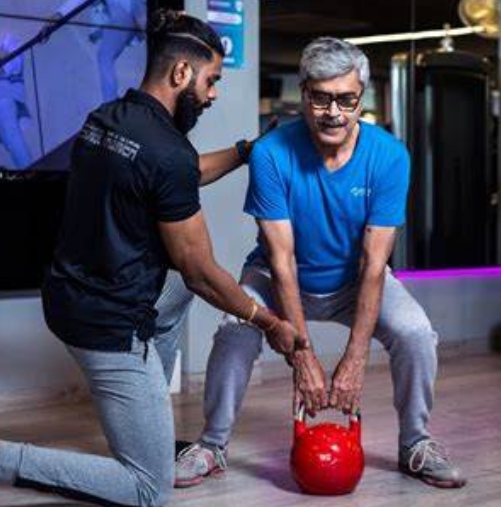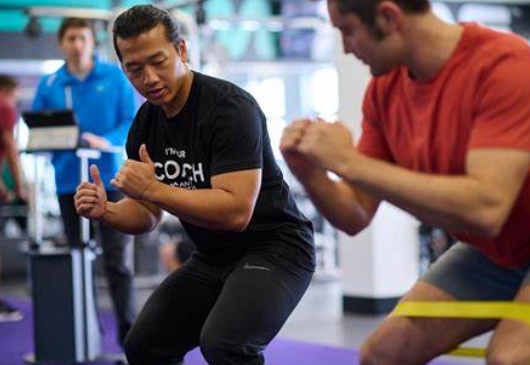Water is often the most overlooked aspect of fitness, despite being one of the most critical components for maintaining performance, supporting recovery, and optimizing health. While we often hear about the importance of proper nutrition and exercise, staying hydrated is just as crucial for achieving your fitness goals. Dehydration can impact your strength, endurance, and overall ability to perform, so understanding the role of hydration is essential for anyone who wants to get the most out of their workouts.
When you’re working out, your body loses water through sweat, and this loss can quickly impact your ability to perform. Staying hydrated helps regulate body temperature, lubricate joints, and maintain proper blood circulation, all of which are essential for exercise performance. Dehydration, even to a mild degree, can lead to fatigue, muscle cramps, dizziness, and a reduced ability to concentrate. These effects not only hinder your workouts but can also increase the risk of injury. Proper hydration helps your muscles function optimally, ensuring that you have the energy and stamina to push through your training.
One of the most significant impacts of dehydration during exercise is on endurance. When your body doesn’t have enough water, your heart has to work harder to pump blood to the muscles and skin. This can lead to an increase in heart rate, which in turn causes early fatigue. For endurance activities like running, cycling, or swimming, hydration is particularly important. If you’re dehydrated, your body may not be able to maintain the performance levels needed to complete the activity effectively. Drinking water before, during, and after exercise ensures that your cardiovascular system works efficiently, enabling you to perform at your best.
In addition to supporting performance during exercise, staying hydrated is essential for muscle function and recovery. During intense workouts, your muscles generate heat and sweat in an effort to regulate body temperature. This leads to fluid loss, which needs to be replenished to avoid muscle cramps and maintain peak performance. Water is essential for transporting nutrients to your muscles and removing waste products like lactic acid that can accumulate during exercise. By staying hydrated, you ensure that your muscles have the nutrients they need to recover quickly and effectively.
After a workout, proper hydration supports muscle recovery by reducing soreness and inflammation. Dehydration can worsen post-workout muscle stiffness, making it harder to recover and get back to training. Water helps flush out toxins and aids in the healing process by delivering nutrients and oxygen to the muscles. Additionally, adequate hydration helps balance electrolytes, which are essential for proper muscle contraction. Without proper hydration, muscle function can be impaired, leading to cramps, weakness, and slower recovery times.
Another often-overlooked benefit of hydration in fitness is its role in joint health. Our joints are surrounded by synovial fluid, which acts as a lubricant to reduce friction and prevent wear and tear. When you’re dehydrated, your body’s ability to produce this lubricating fluid is compromised, leading to stiff joints and an increased risk of injury. Staying well-hydrated ensures that your joints remain properly lubricated, allowing for smoother and more efficient movement during exercise. This is especially important for activities that place high stress on the joints, such as running, weightlifting, or high-impact sports.
Hydration doesn’t just affect physical performance—it also impacts mental focus and clarity. When you’re dehydrated, your brain doesn’t function as efficiently, which can lead to decreased concentration, slower reaction times, and impaired judgment. These mental lapses can not only affect your workout but can also increase the risk of accidents or injuries. Staying hydrated helps ensure that your brain has the oxygen and nutrients it needs to stay sharp and focused, allowing you to perform at your best and make quick decisions during high-intensity activities.
The amount of water you need to drink can vary depending on factors like the intensity of your workout, the climate, and your individual needs. However, a general guideline is to drink at least 8 ounces (about 240 milliliters) of water every 30 minutes during exercise. It’s also important to drink water before and after your workout to maintain proper hydration levels. For those engaging in longer or more intense sessions, you may want to consider sports drinks that contain electrolytes to help replace sodium and potassium lost through sweat.
It’s important to recognize the signs of dehydration so that you can address the issue before it affects your performance. Early signs of dehydration include thirst, dry mouth, dark-colored urine, fatigue, and lightheadedness. As dehydration progresses, you may experience headaches, muscle cramps, dizziness, or a significant drop in performance. If you notice any of these symptoms during or after exercise, it’s important to rehydrate as soon as possible.
Hydration plays a crucial role in every aspect of your fitness journey, from performance and endurance to muscle recovery and mental clarity. By ensuring that you stay properly hydrated, you’re setting yourself up for more effective workouts, faster recovery times, and better overall health. Make hydration a priority before, during, and after your exercise routine to optimize your fitness potential and achieve your goals. Your body depends on water to perform at its best—so drink up, and let hydration fuel your fitness journey.





